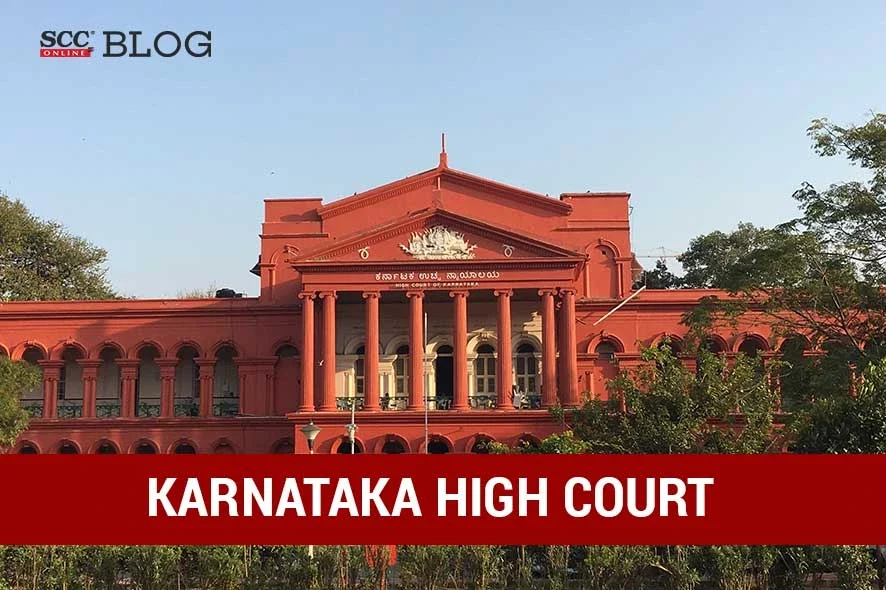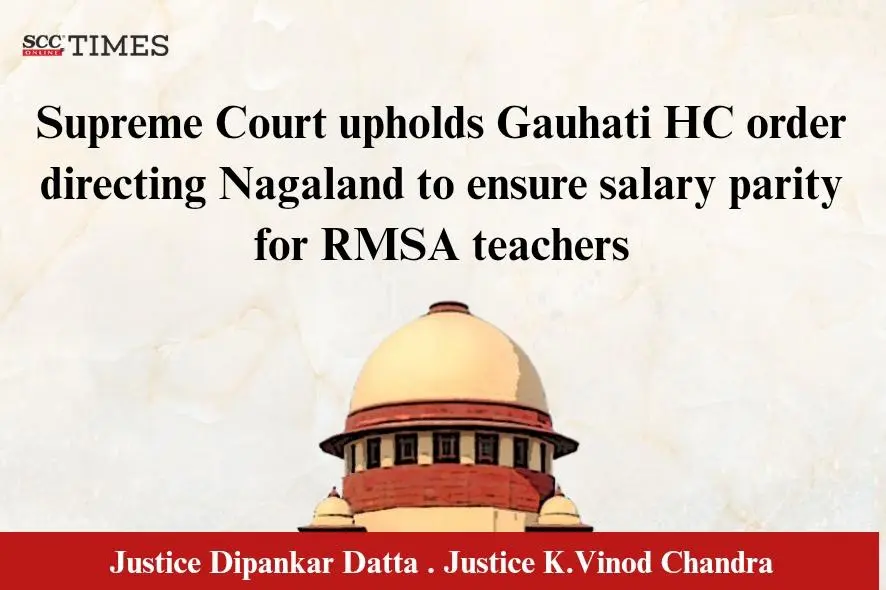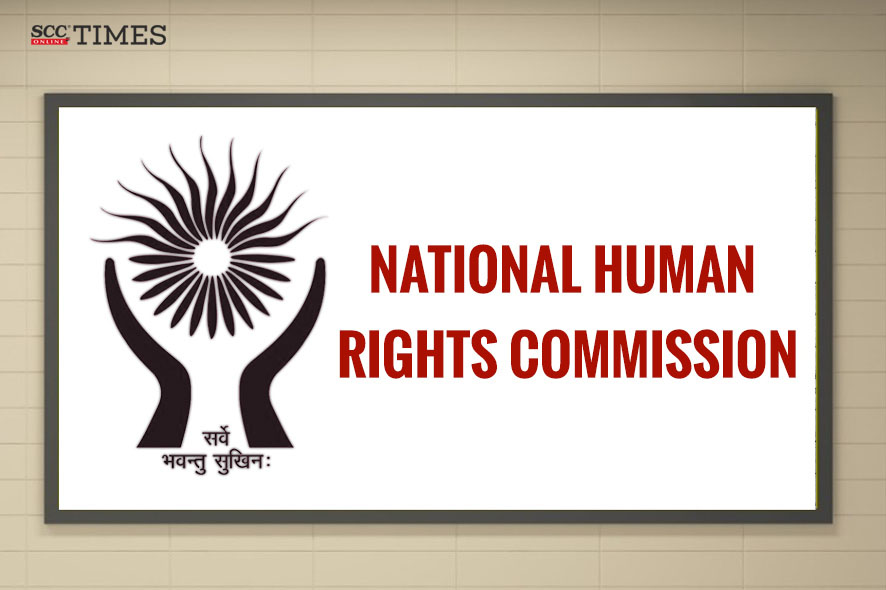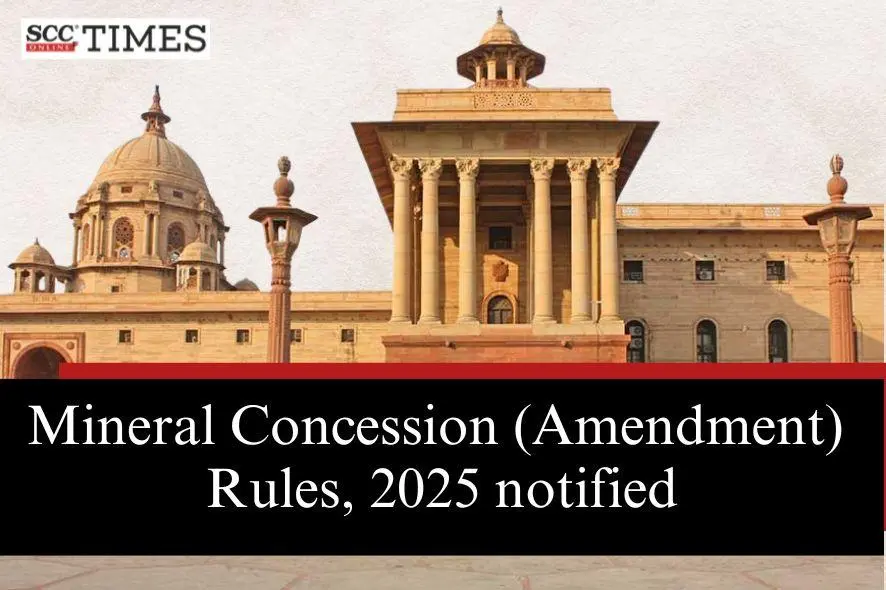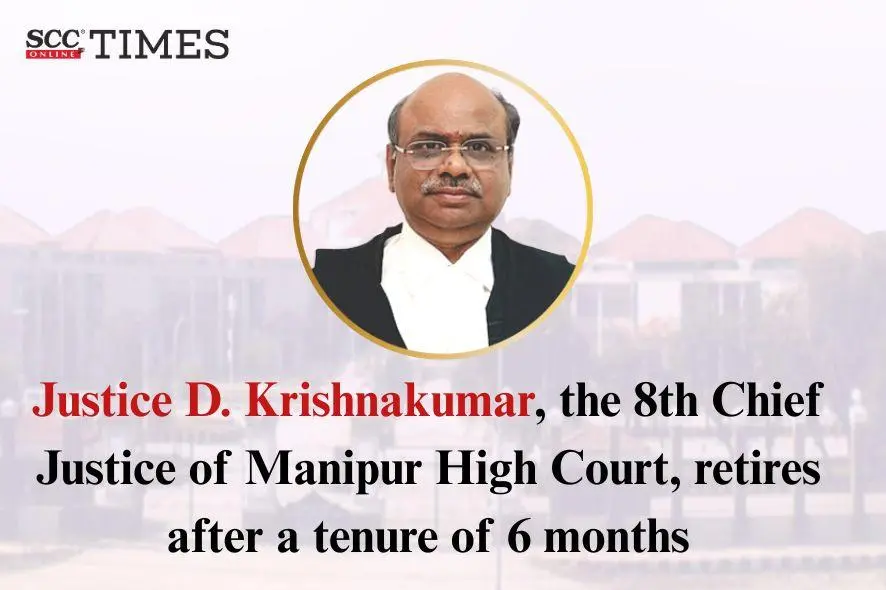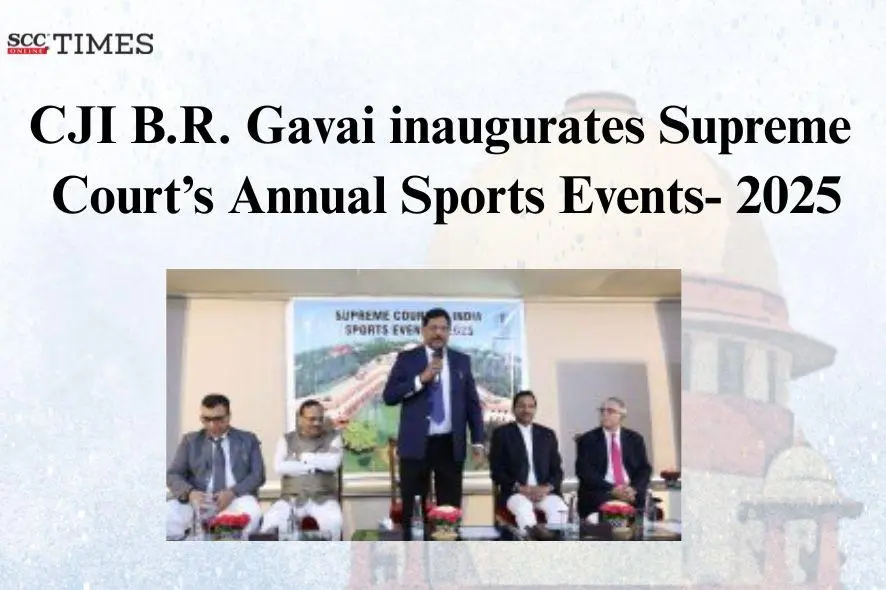Karnataka High Court: While considering the instant appeal challenging the decision Single Judge’s order upholding the annulment of appellant’s election; the Division Bench of Prasanna B. Varale, CJ.*, and Krishan S. Dixit, J., refused to interfere in the matter on certain grounds, where one of the grounds being that Single Judge after examining the matter had recorded a finding that the appellant had criminal antecedents and the same were not disclosed in the affidavit accompanying the nomination papers. In the process of ensuring purity of elections, the Supreme Court in plethora of decisions had declared that the disclosure of such antecedents is a matter of right of the electors who can form an informed decision about the candidates in the electoral fray and that non-disclosure therefore is a ground for setting aside the election of Returned Candidates. The Single Judge has rightly framed the impugned order keeping in view the existing Supreme Court decisions.
“It is pertinent to note that the law relating to disclosure of criminal antecedents of the candidates in the Electoral fray has further marched from April to May and now to the June of life”.
In order to achieve purity in politics in general and purity in election process in particular, the Court directed the State Election Commission and other agencies associated with it the election process to implement the directions of the Supreme Court by issuing or incorporating requisite forms in the matter of elections to all Local Bodies in the State.
Another ground upon which the Court refused to interfere in the matter was that very maintainability of the instant intra-court appeal inasmuch as the challenge to the order of the Election Tribunal was by invoking Article 227 of the Constitution, which vests a limited supervisory jurisdiction in the High Court, with Article 226 of the Constitution having been ornamentally mentioned in the pleadings of the appellant.
[H.V. Ashok v. H.N. Gopal, Writ Appeal No. 1249 of 2023, decided on 23-11-2023]
*Order by Justice Prasanna B. Varale, Chief Justice of Karnataka High Court
Advocates who appeared in this case :
Appellant- S.V. Prakash, Advocate
Respondent- Kamalakara S.M., Advocate for C/R-1; Niloufer Akbar, AGA for R-4 & R-5


